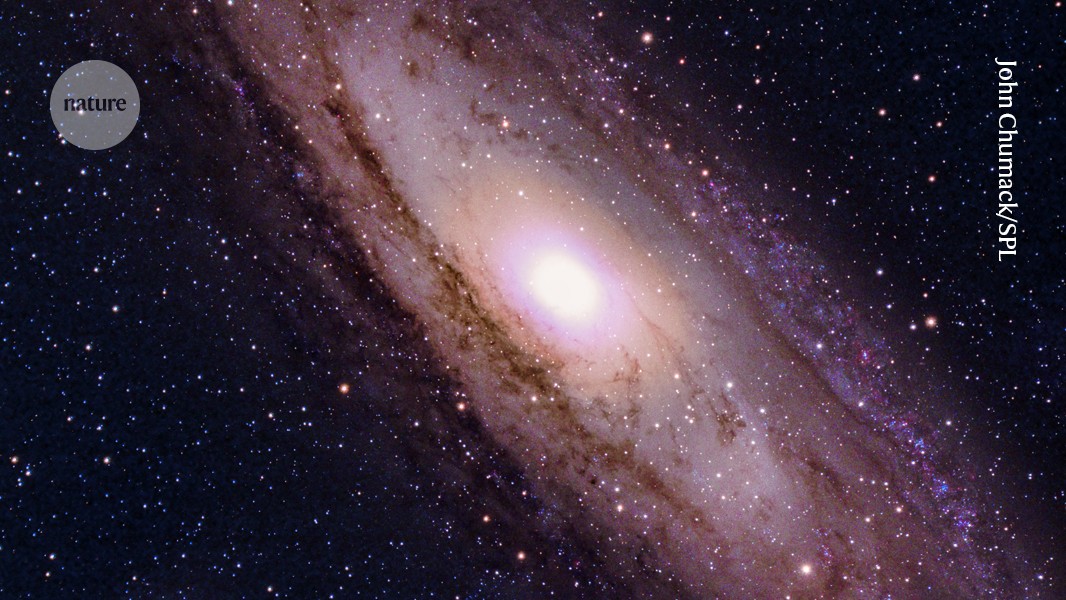
"Recent research has brought into question the long-held belief that the Andromeda galaxy is on a collision course with the Milky Way, which may not occur as previously thought."
"While scientists have historically estimated Andromeda's merge with the Milky Way would happen in about four billion years, new models suggest there is significant uncertainty in that timeline."
Andromeda, the nearest galaxy similar in size to the Milky Way, has traditionally been expected to collide with our galaxy in approximately four billion years. However, recent research challenges this established timeline, indicating that scientists are uncertain about the actual course of Andromeda's trajectory. New modeling techniques have opened up debates about whether the anticipated merging of the two galaxies will occur at all, suggesting potential revisions to our understanding of cosmic interactions. This evolving knowledge emphasizes the need for continued observation and analysis of galactic dynamics.
Read at Nature
Unable to calculate read time
Collection
[
|
...
]